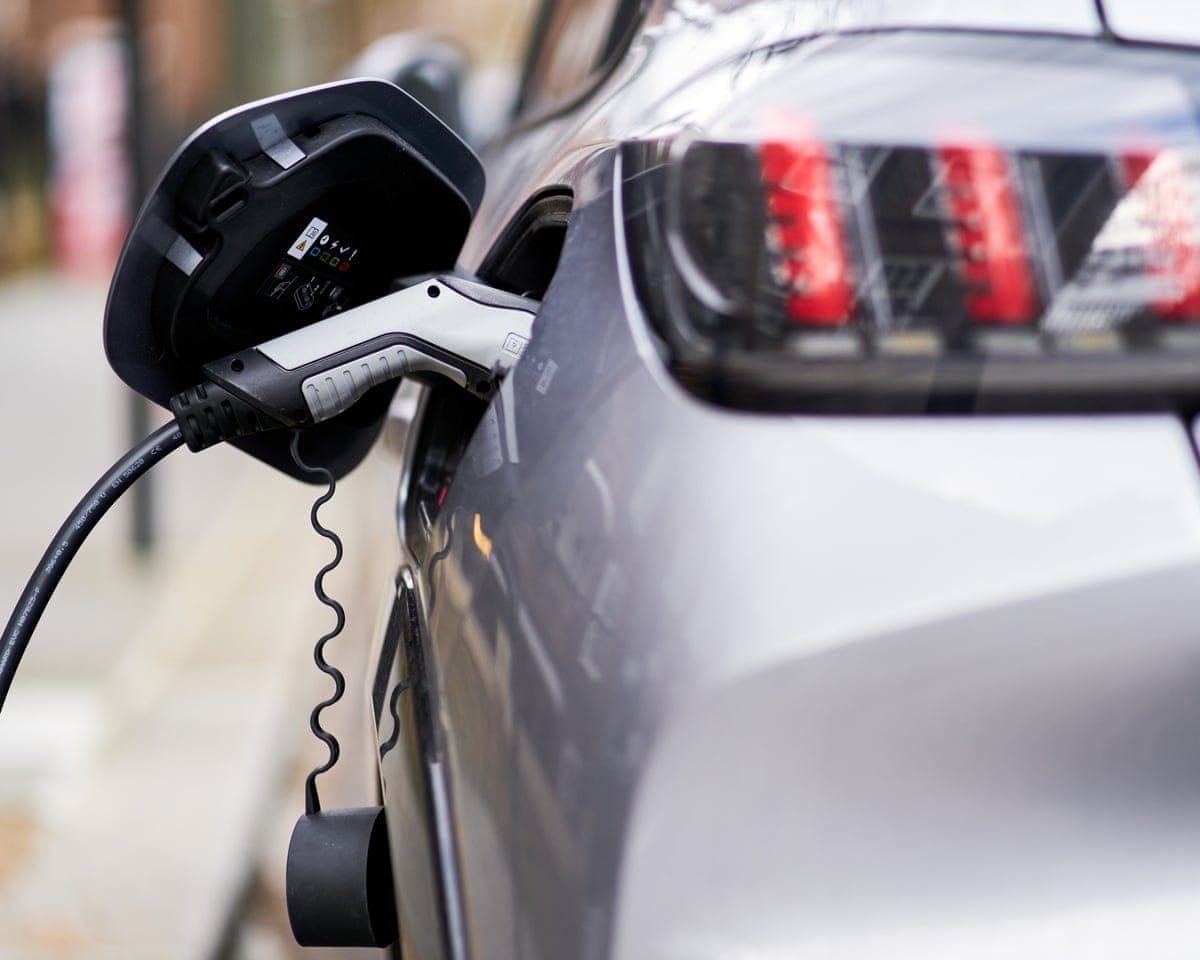Automakers are close to meeting current UK electric vehicle sales targets, even after successfully pushing the government to ease stricter regulations.
From January to June 2025, electric cars accounted for 21.6% of new vehicle sales, slightly below the 22.06% required under existing rules after accounting for adjustments, according to research by the thinktank New AutoMotive.
The zero-emission vehicle (ZEV) mandate was introduced under former Prime Minister Rishi Sunak’s administration, requiring automakers to increase electric car sales or face penalties of up to £15,000 per vehicle exceeding fossil-fuel quotas.
However, in April, Business Secretary Jonathan Reynolds confirmed that the current government would soften these rules following strong industry opposition.
Stellantis, the company behind Vauxhall, cited the mandate as a reason for shutting its Luton van plant, though earlier statements from executives cast doubt on this justification.
This year, manufacturers must technically aim for 28% EV sales to avoid fines, but regulatory allowances lower the effective target significantly. Automakers can offset emissions by selling hybrids or borrowing future electric sales. After the rule changes, companies will have more flexibility in meeting annual goals and face reduced penalties.
Ben Nelmes of New AutoMotive stated, “Automakers are very close to reaching their 2025 targets—even before accounting for the government’s relaxation of this year’s goals.
“This strong performance should reassure policymakers that higher targets drive the progress needed for net zero and the transition to electric vehicles.”
Easing the rules may particularly help some manufacturers. New AutoMotive’s data indicates Nissan is the furthest from its 2025 obligations as it prepares to launch its new Leaf EV at its Sunderland factory. Toyota and JLR, which produces Jaguar and Land Rover, also lag behind their adjusted targets.
Weakening the regulations could result in higher carbon emissions, despite official claims of minimal impact.
Mike Hawes of the Society of Motor Manufacturers and Traders noted that while one in four new car buyers opted for an EV last month, progress remains slower than necessary.
“The overall figures mask that only 13% of individual buyers chose fully electric models this year, with most growth coming from fleets supported by financial incentives,” Hawes said.
“Low consumer demand has led to heavy discounts, making the market unsustainable for automakers.”
Read next

Ryanair plane had only six minutes of fuel upon Manchester landing, records show
Flight Narrowly Avoids Disaster After Storm Diversion
An inquiry has been launched after a Ryanair flight, struggling against severe winds during storm Amy last week, landed at Manchester Airport with only six minutes’ worth of fuel remaining.
The aircraft had been transporting passengers from Pisa, Italy, to Prestwick, Scotland, on

"Qantas customer data for 5 million exposed as hackers release info post-ransom deadline"
Hackers Leak Personal Data of 5 Million Qantas Customers on Dark Web
A cybercriminal group has released personal records of 5 million Qantas customers on the dark web after the airline did not meet their ransom demand.
The breach is part of a larger global incident affecting over 40 companies,

Investors flee record-high UK stocks as EU set to hike steel tariffs
Investors Withdraw Record Sums from Equity Funds Amid High Market Valuations
Data reveals that investors in the UK have withdrawn an unprecedented amount of money from equity funds over the past three months, driven by concerns over soaring stock market valuations.
According to the latest figures from Calastone, the largest

